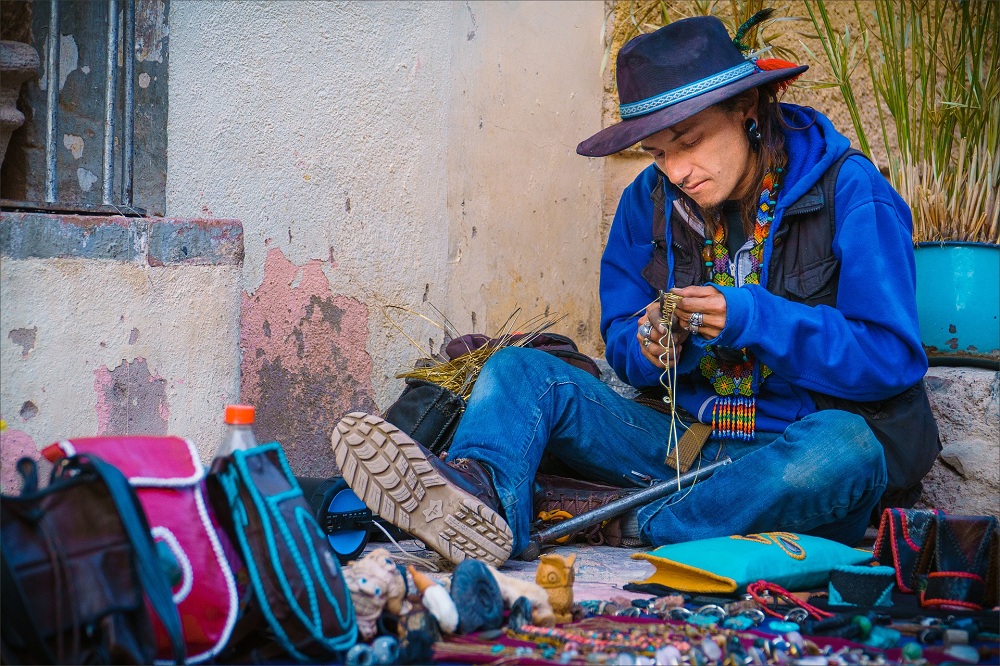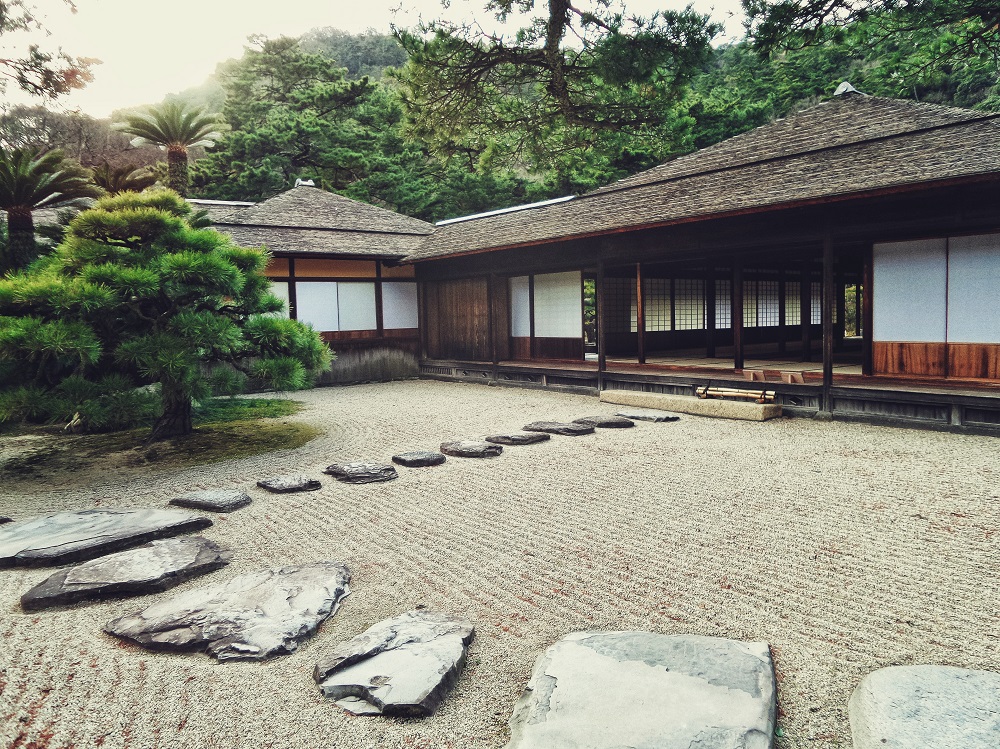In the UK, self-building a house is different from DIY-ing, which is more common in the US. If you’re a foreign national hoping to build your dream home in the UK, you’d hear the terms “self-build” and “custom-build,” and neither of them necessarily means constructing your home yourself.
That’s because self-building still requires you to work with a team of home-building professionals. While DIY homes in the US also involve builders, certain tasks like pouring the concrete, installing the roof, and building the framing, to name a few, can be done by yourself, as long as you have a background in construction. Architects, engineers, and interior designers can also be involved, but often, you can act as your own contractor.
On the other hand, despite its name, self-building actually means commissioning professionals to build your home on a piece of land you own. Its difference with custom-build is that you’d be much more involved in the creative process. For example, you can take part in the design ideas or design the home yourself, choose tradespeople, etc.
So, with the easing of lockdown in the UK is delayed, can you start a self-build project? Here’s everything you need to know to have a smooth and safe dream home construction:
The Professionals You Can Meet
Meeting people outside of your household is restricted at this time, but there are some exceptions to those building a home. That said, you can meet with your tradespeople, such as the electricians, plumbers, repairmen, surveyors, etc.
As per official government guidance, tradespeople can come into your property without breaching the limit, as long as it’s for work purposes.
Guidelines for Tradespeople
Before starting your self-build project, the tradespeople must ensure that they operate safely, abide by social distancing rules, and follow the rest of the existing health protocols. Also, they must contact you before coming into your property to ensure that you or anyone you’re with isn’t sick or showing any symptoms. Construction can be delayed if health concerns are present.
If you and the tradespeople get the all-clear, you can start the project as planned. However, you and everyone else on site should wash your hands more frequently. In addition, you must wear face masks, practice social distancing, and cover your mouths when you cough or sneeze. Everyone should also disinfect the objects they frequently touch.
And because social distancing is crucial, tradespeople are advised to bring in only a few workers. If you’re following a tight timeline, tell your tradespeople and contractors to bring a team of highly qualified workers. That can increase the chances of your home building faster. To verify the workers’ qualifications, look for their Construction Skills and Certification Scheme (CSCS) card. If you’d also partake in the construction work, you’d need this card as well, particularly if you plan to make construction your actual career. You need to pass a CSCS exam first to be able to get a card.
With your self-build team ready, don’t forget to take care of your health while working. If anyone shows COVID-19 symptoms or any sign of illness, ask them to call in sick. The people on site should all be healthy.
Legal Requirements

When you self-build, you need to apply for planning permission from your local authority. This comes with a cost, which varies across the UK. In England, it’s currently £462.
Getting the permission can take a while, usually eight weeks or longer. And it can be denied. To guarantee favourable results, attach the planning conditions to your application. Failure to do so will invalidate your consent, making the entire project illegal.
Your self-built home must adhere to the Building Regulations, so a building inspector will come to the site at key stages of the construction to ensure your compliance. The key stages are:
- Excavation for the foundations
- Pouring the concrete for the foundation
- Building the oversite
- Building the damp-proof course
- Creating the drainage
- Inspection before the completion
- Final inspection on completion
Guidelines for Owners
Starting a self-build project at this time is no doubt risky, but if you’re willing to push through regardless, take note of these guidelines to avoid health problems:
- Keep in contact with your tradespeople, contractors, and suppliers. The project should still proceed smoothly and with as few delays as possible, even with the health protocols.
- Be honest with your health. If you don’t feel well, avoid visiting the site. Consider video-calling to monitor the progress of the project from your current place.
- Take precautions during working hours. Clean and disinfect high-traffic areas. Wash your hands often, and don’t forget to follow the rest of the health protocols.
- Avoid crowded areas on site. It’ll sometimes be inevitable for workers to huddle or keep close together. When you observe this on-site, avoid mingling with them.
Building a home with a pandemic really takes a lot of adjustment and extra compliance. But your cooperation will be worth it. It’s totally possible to build a beautiful and sturdy abode with a limited workforce and contact.


